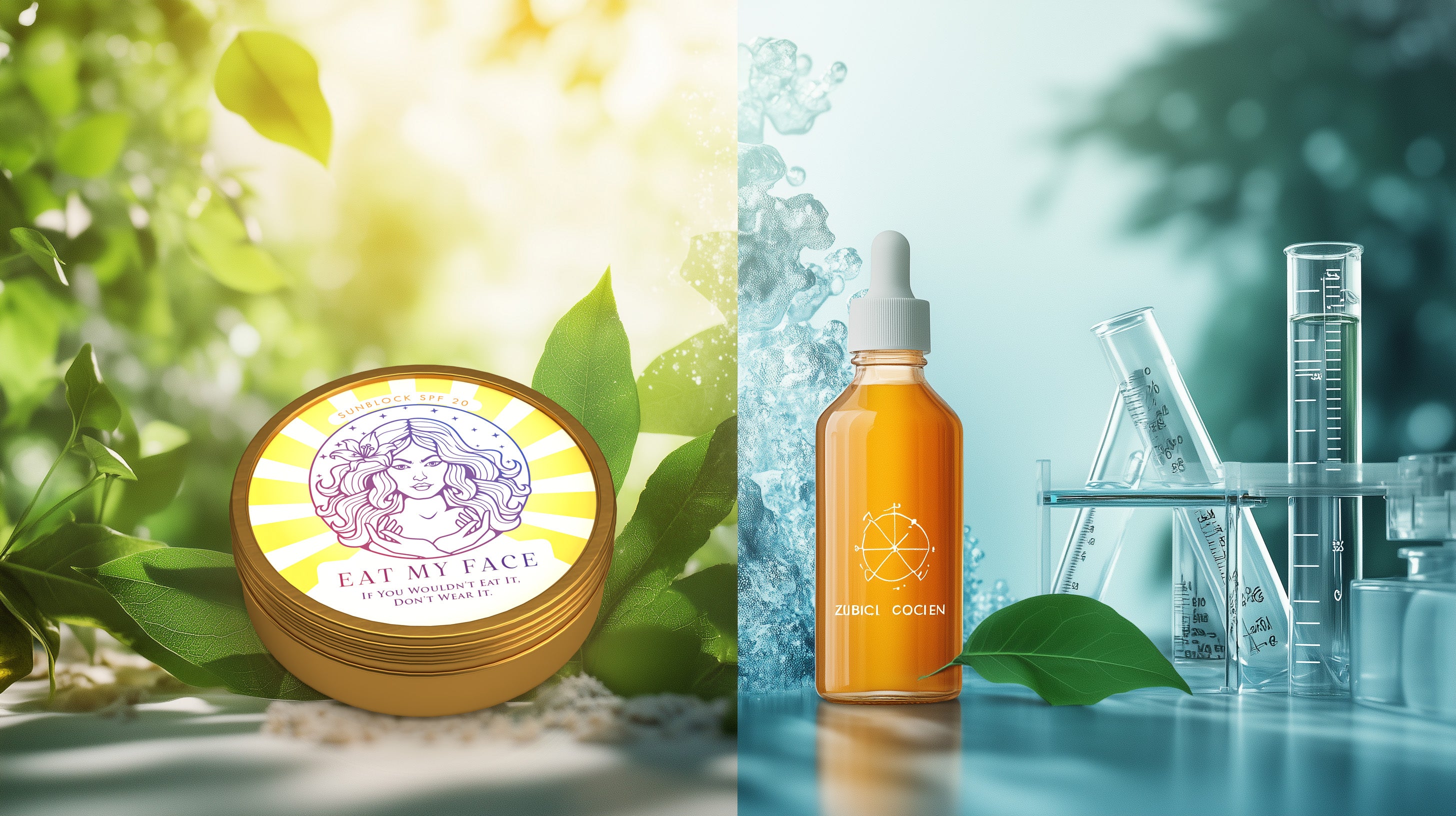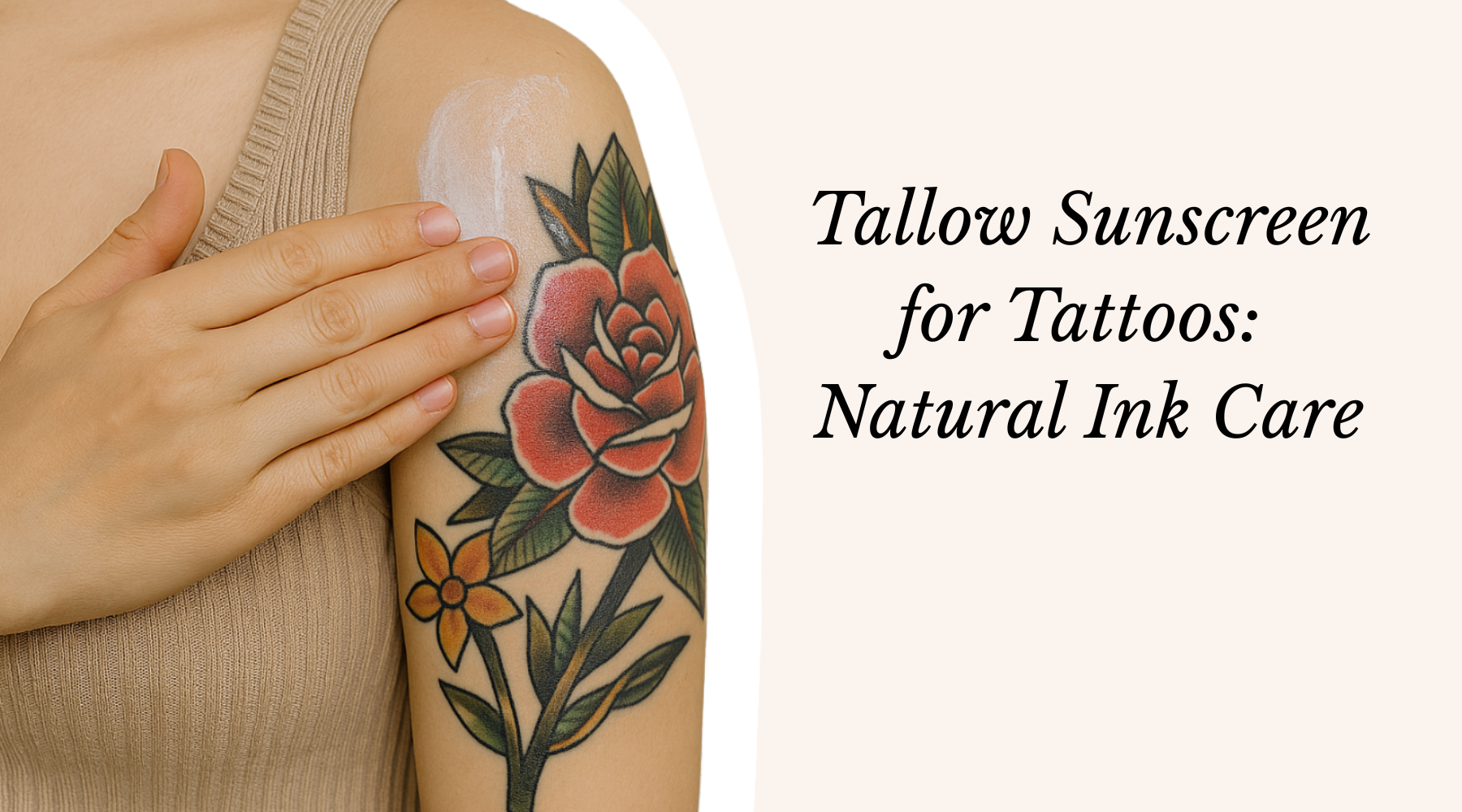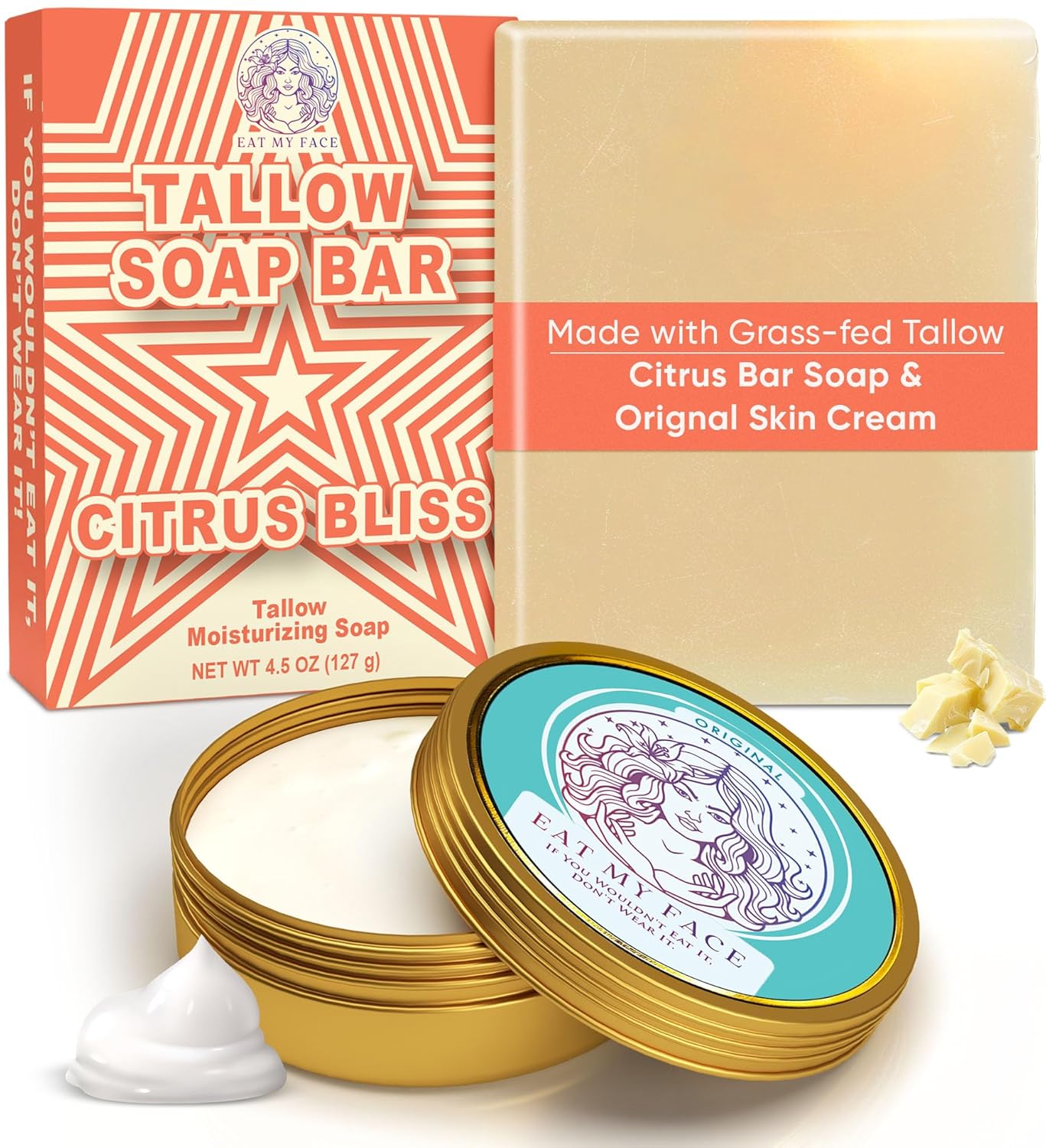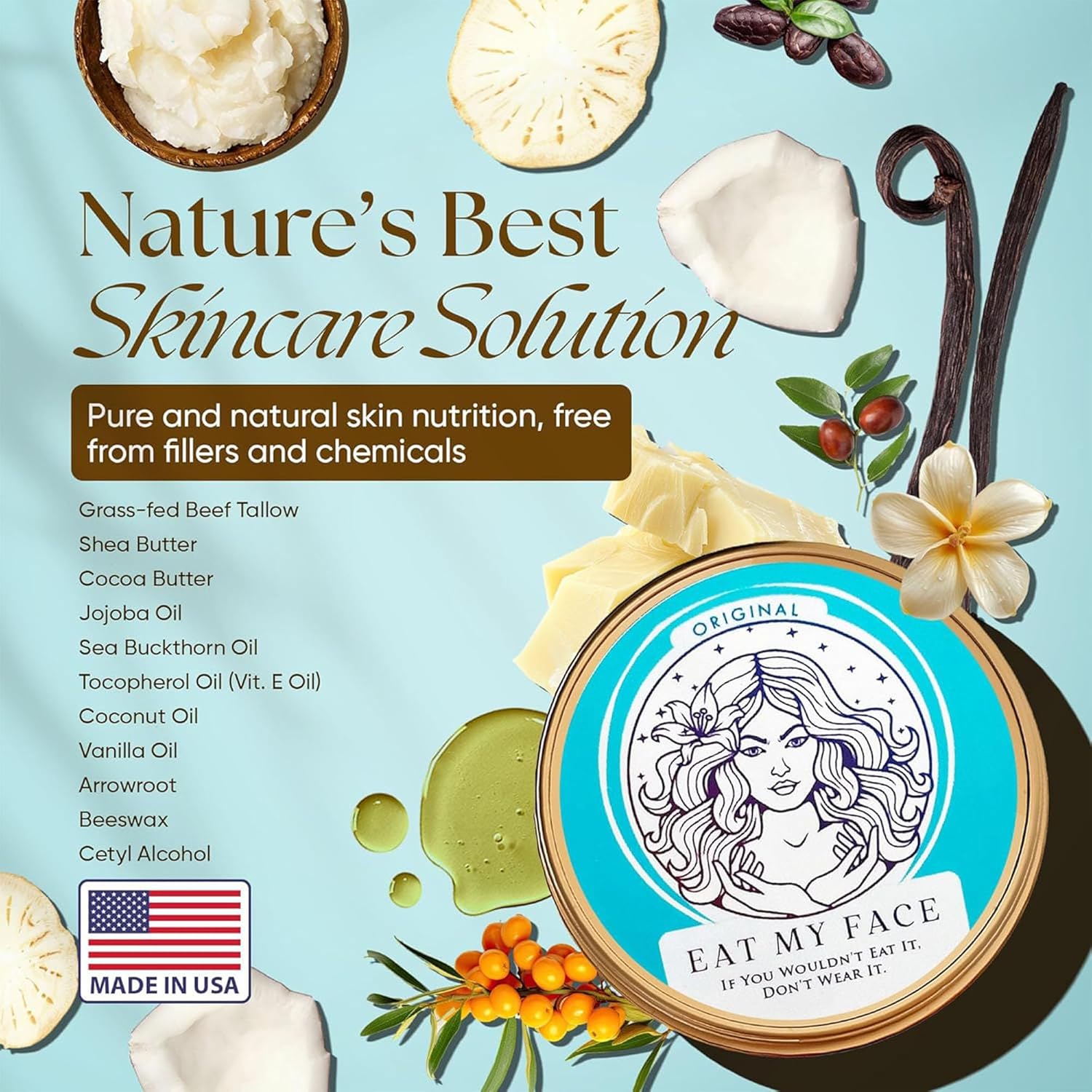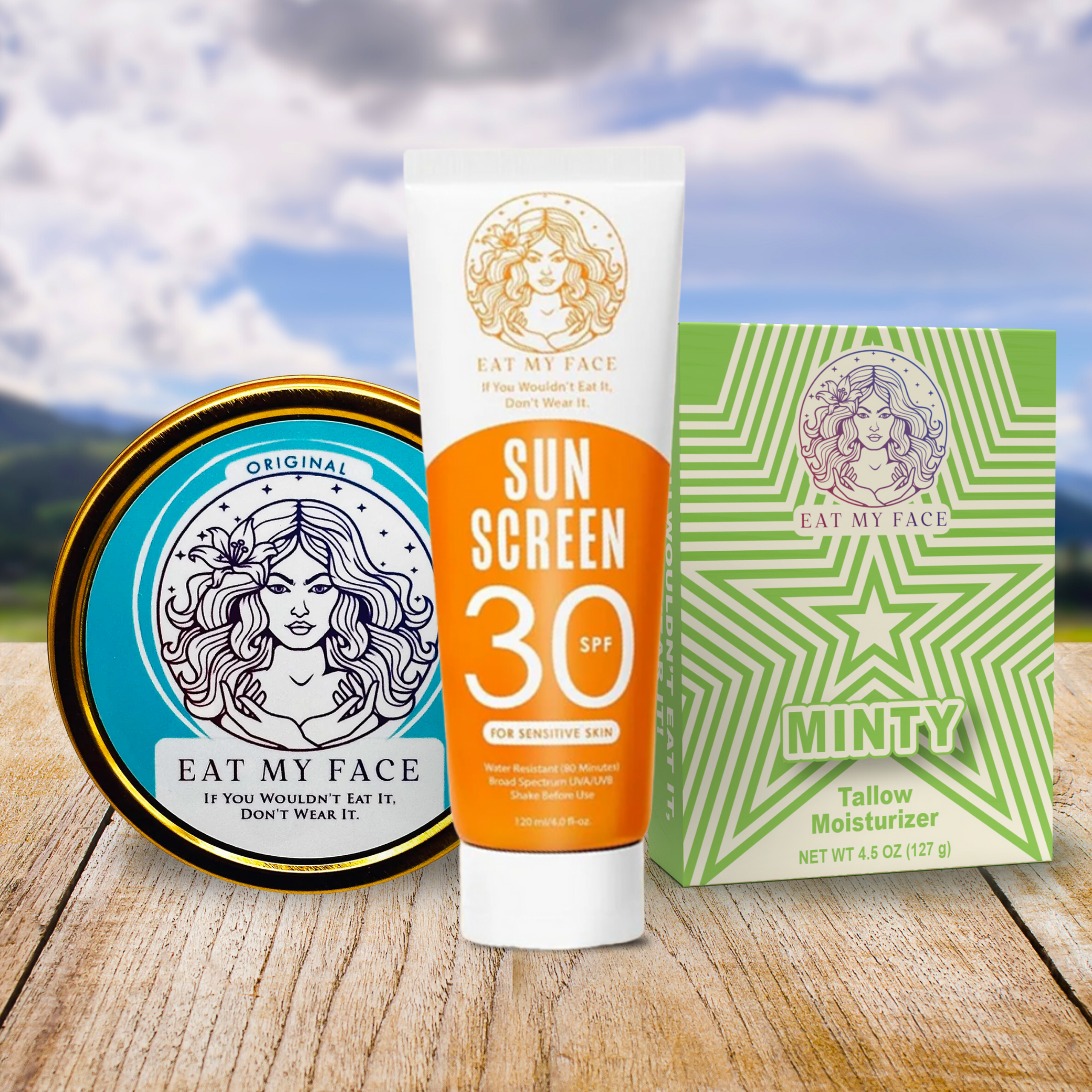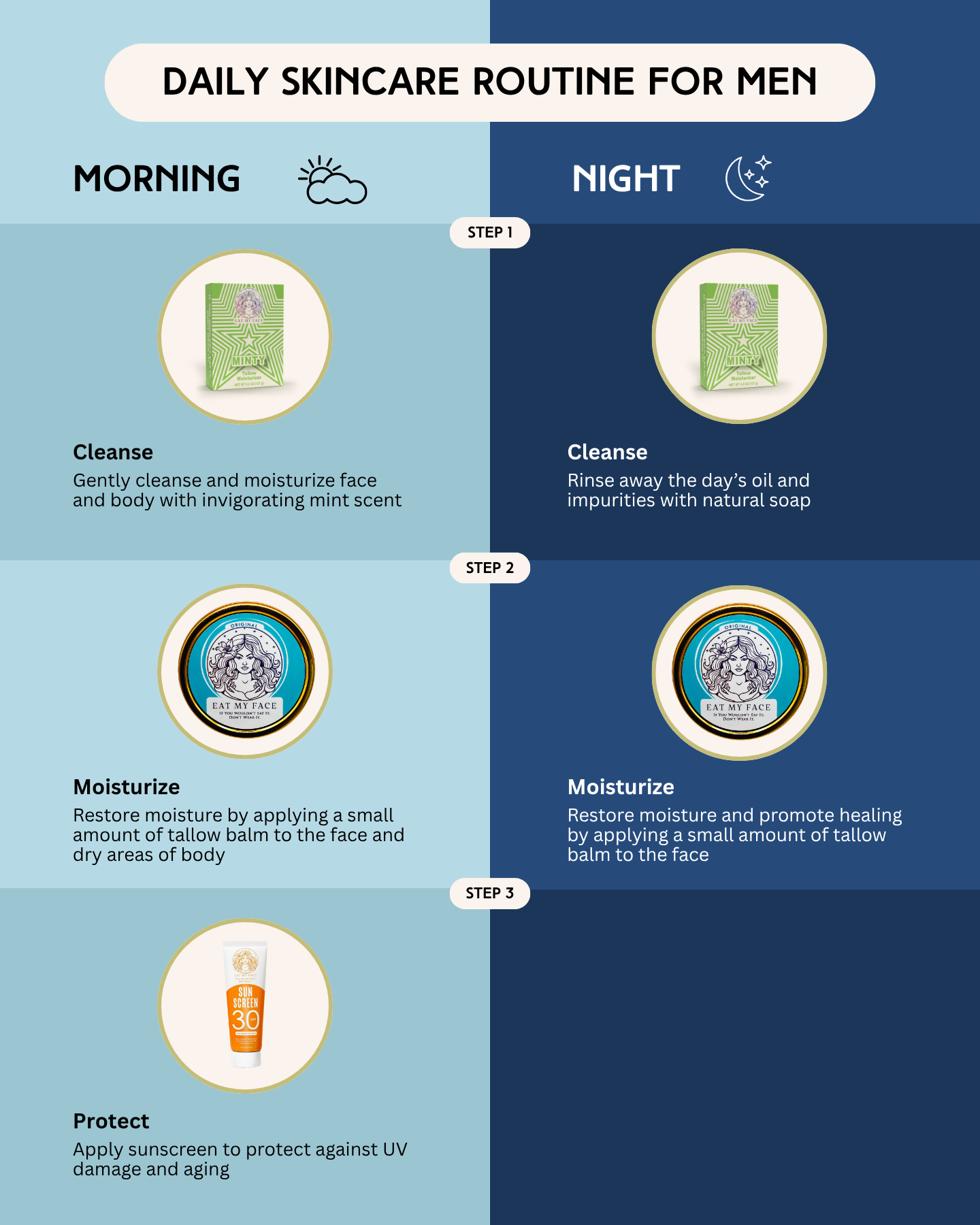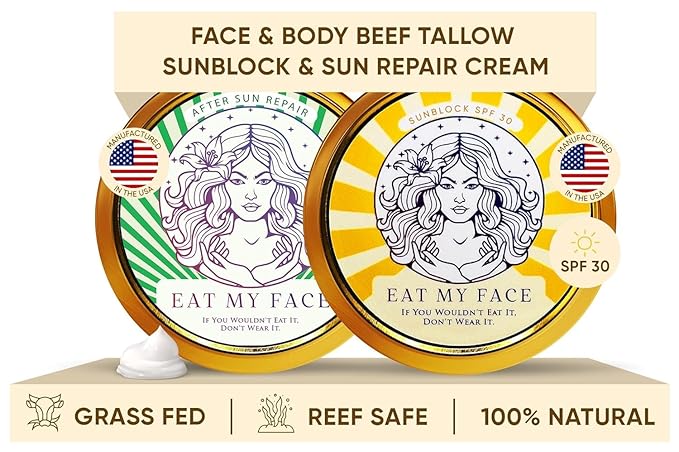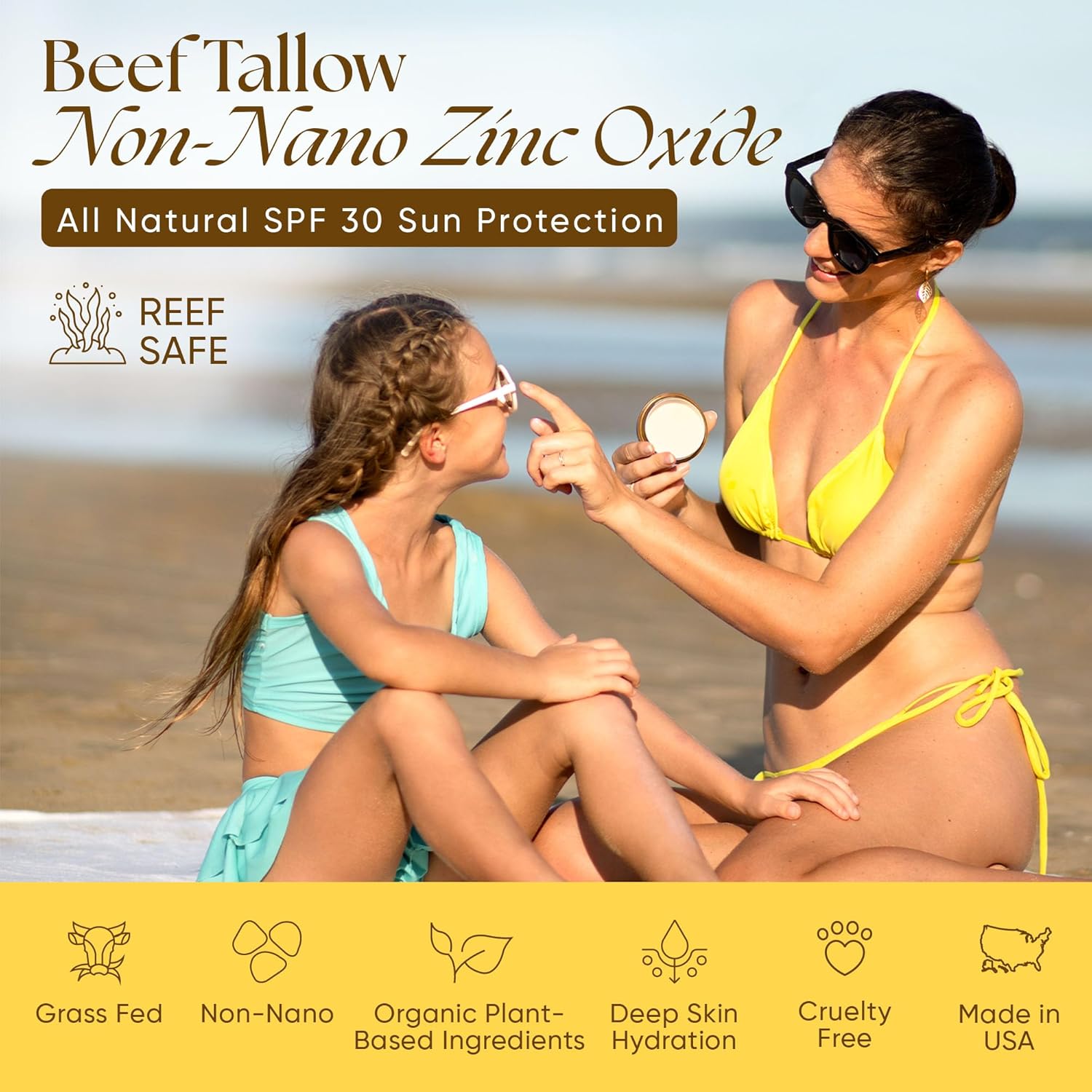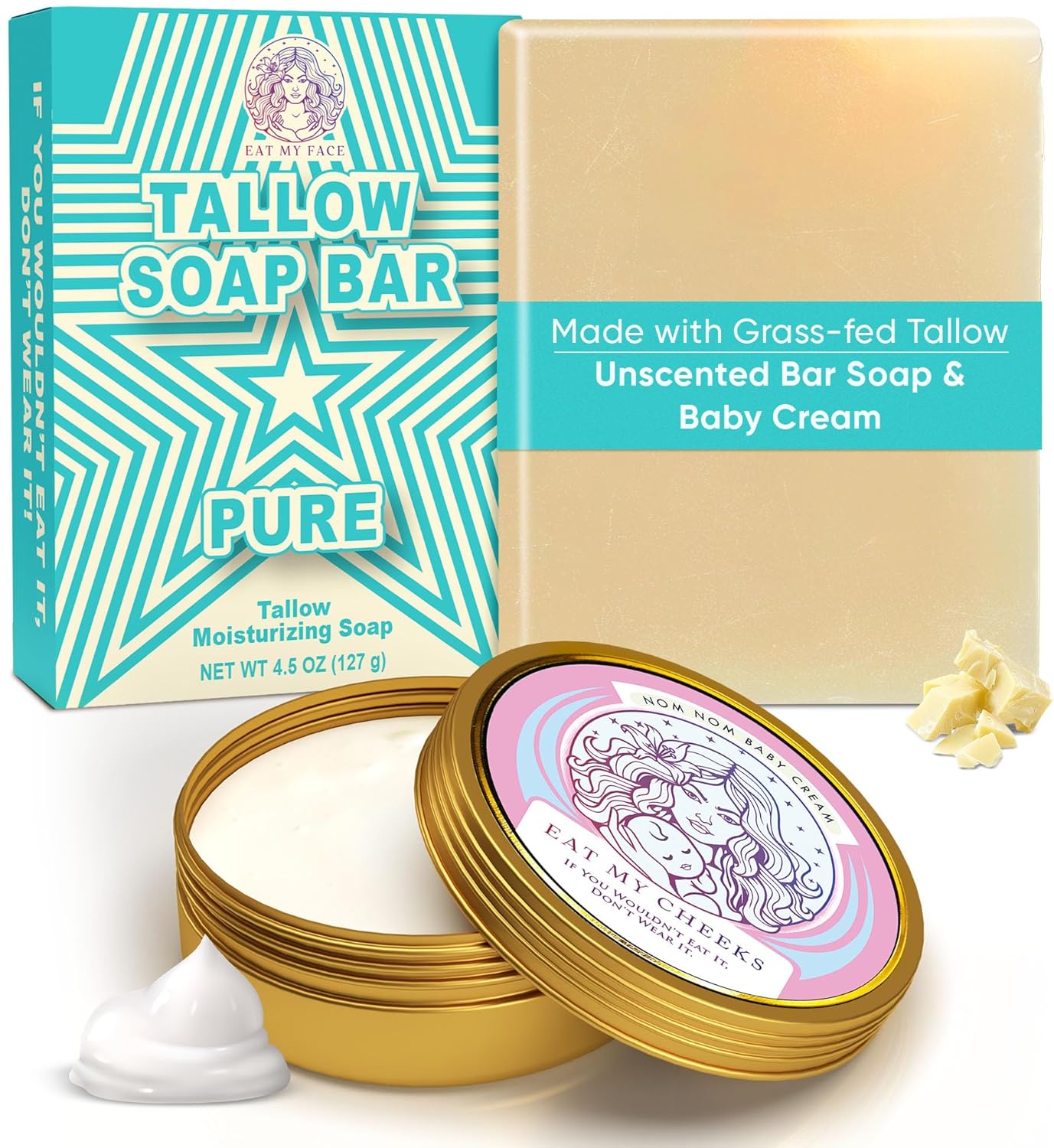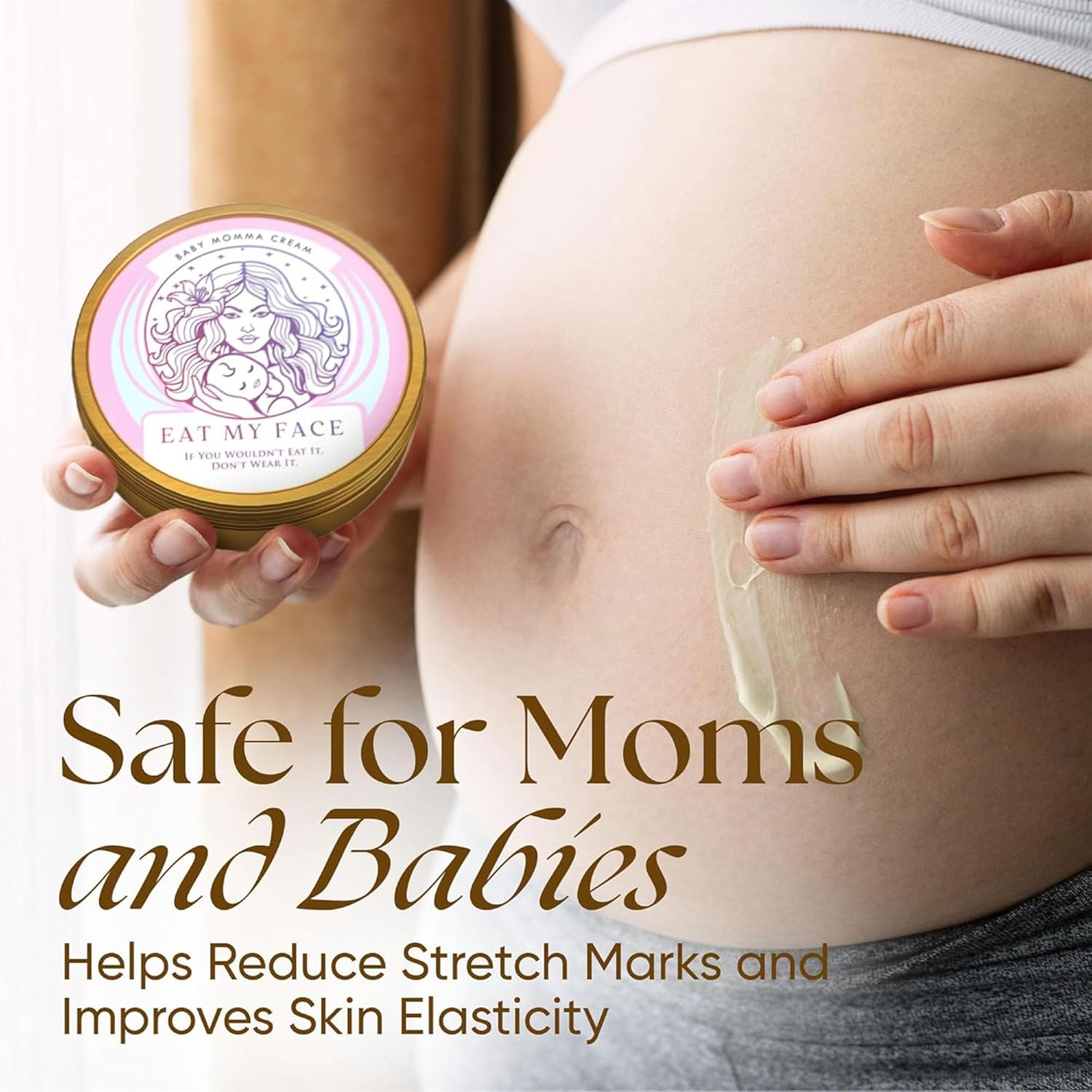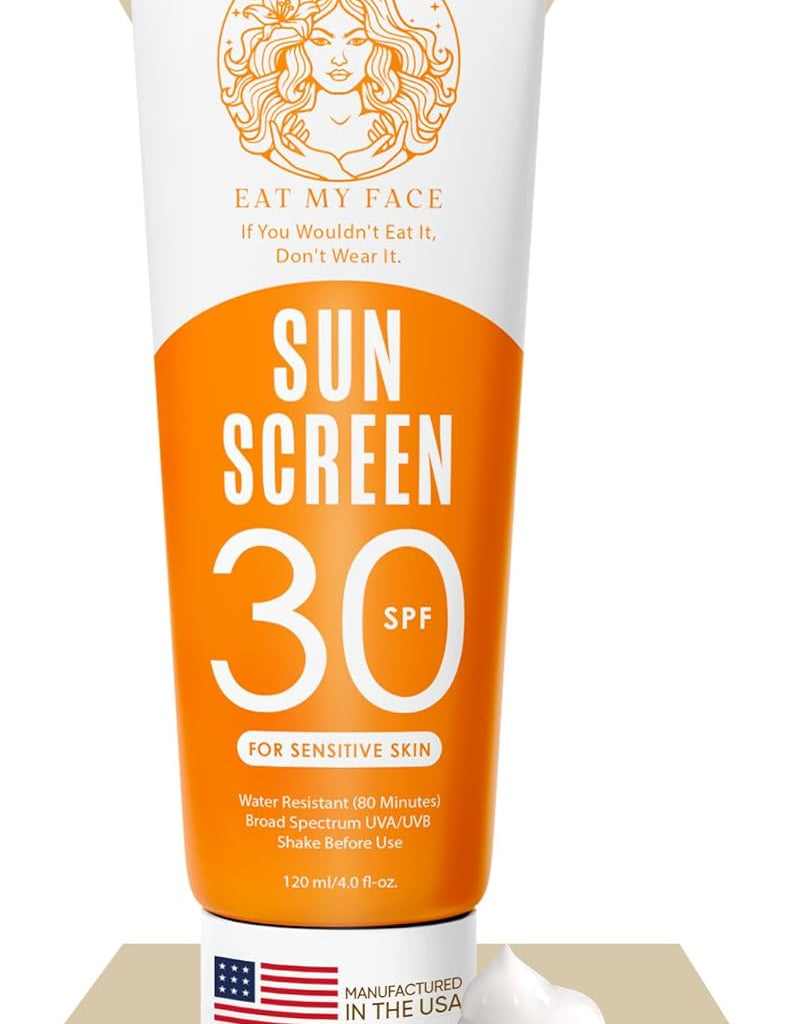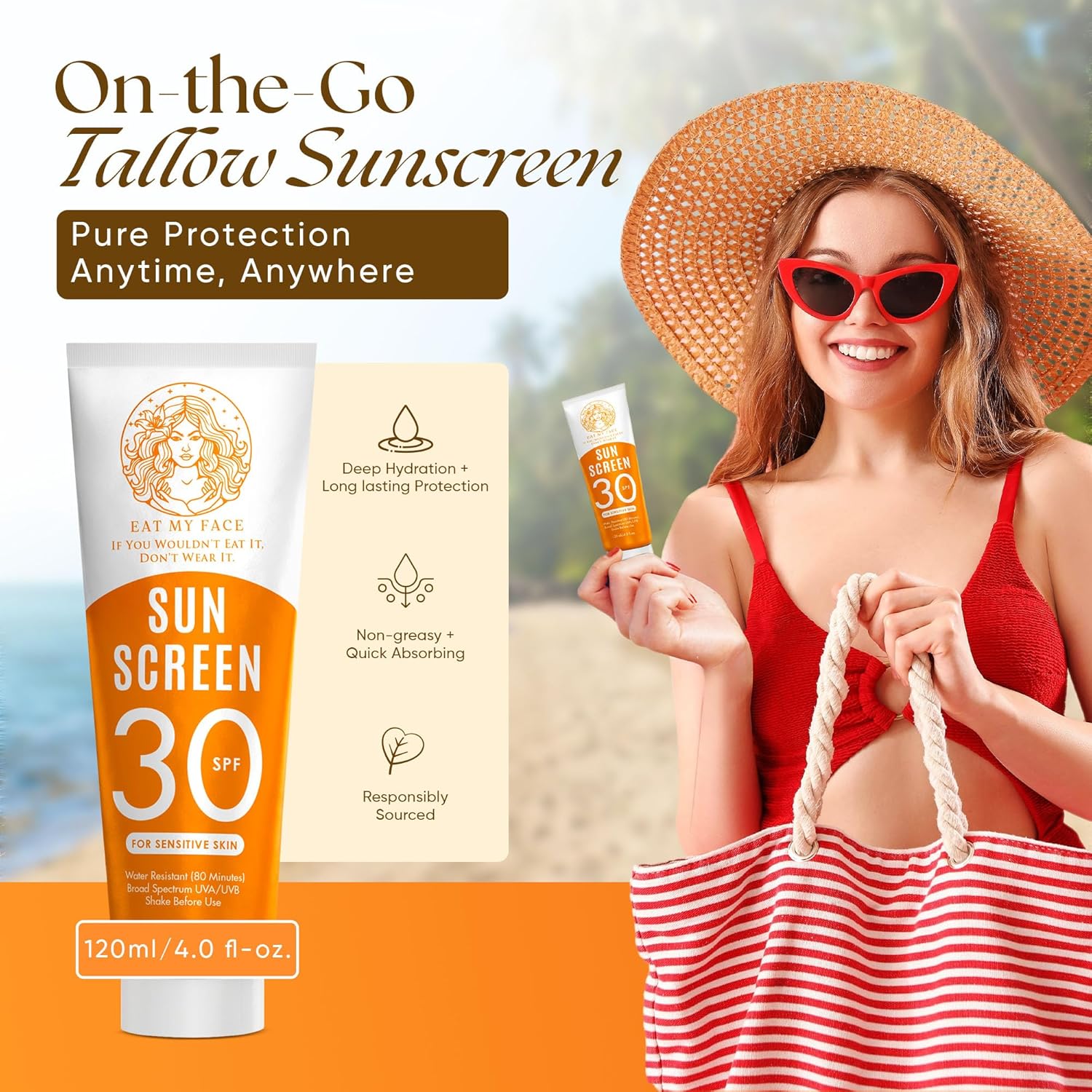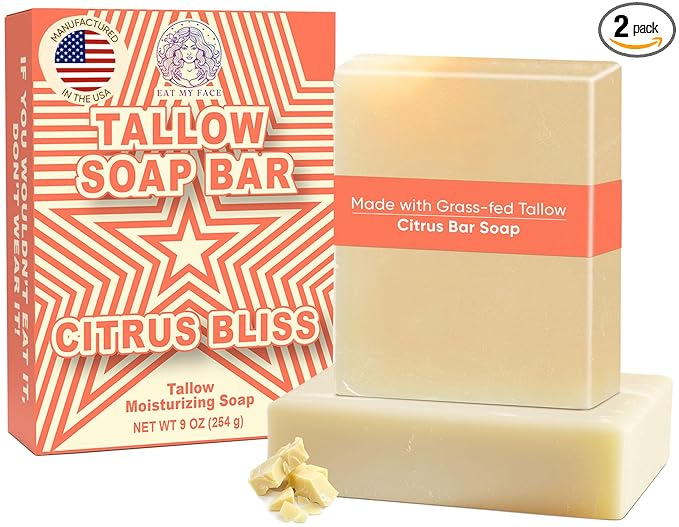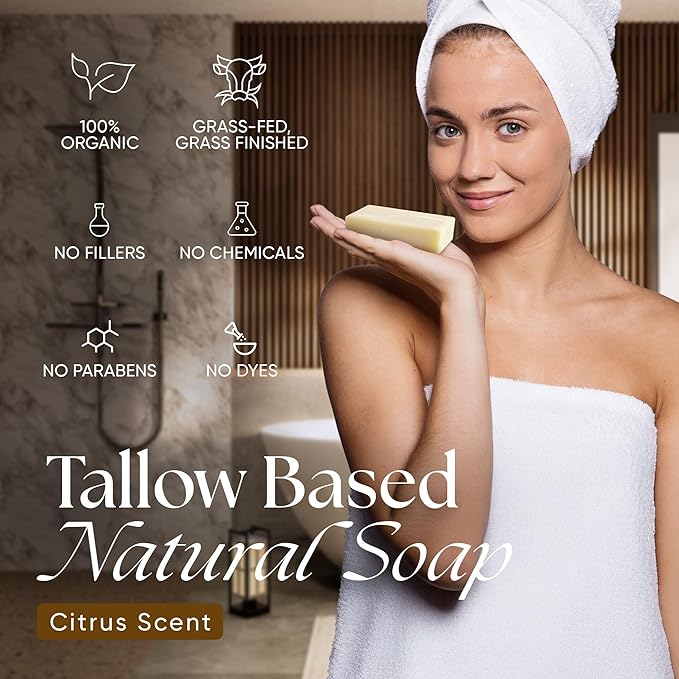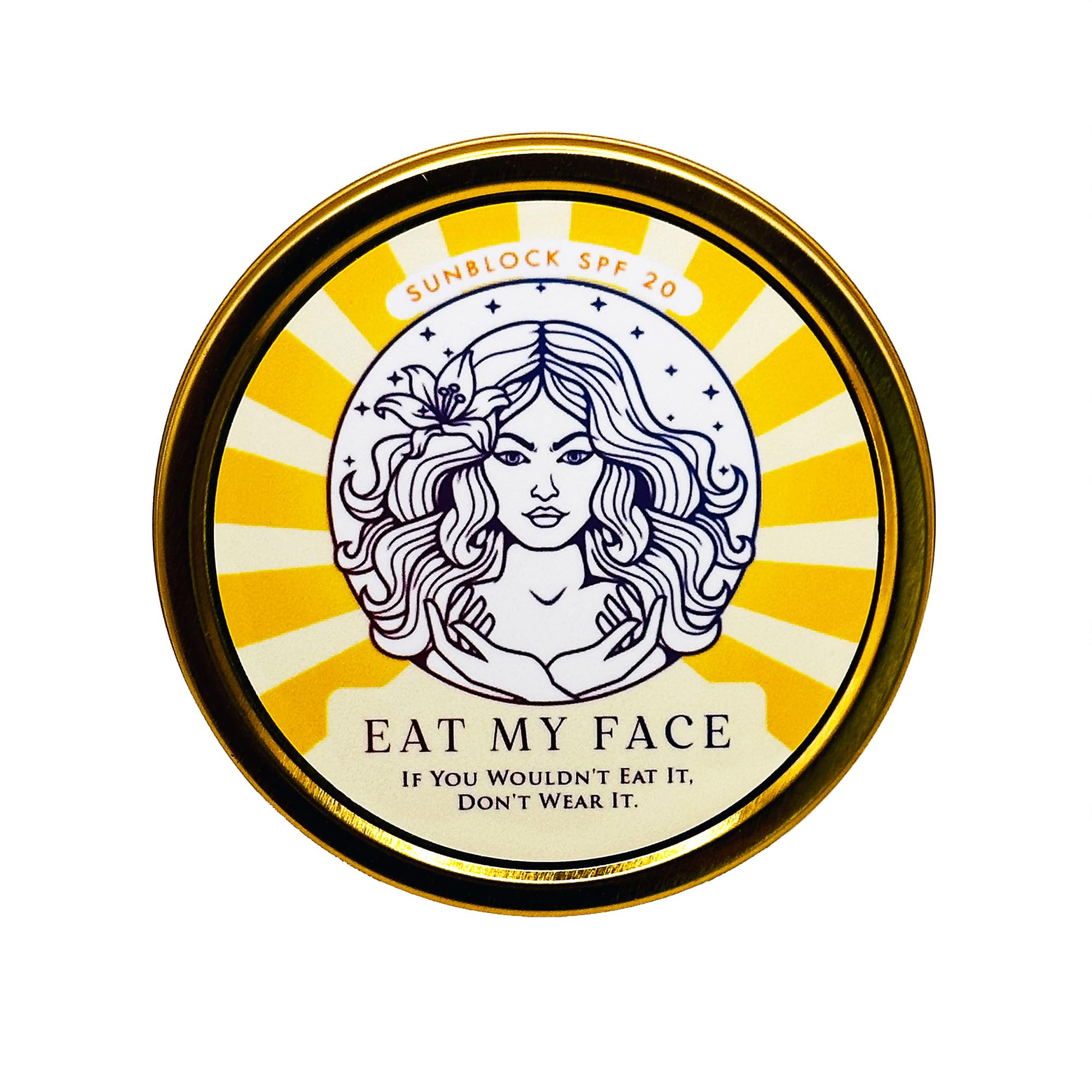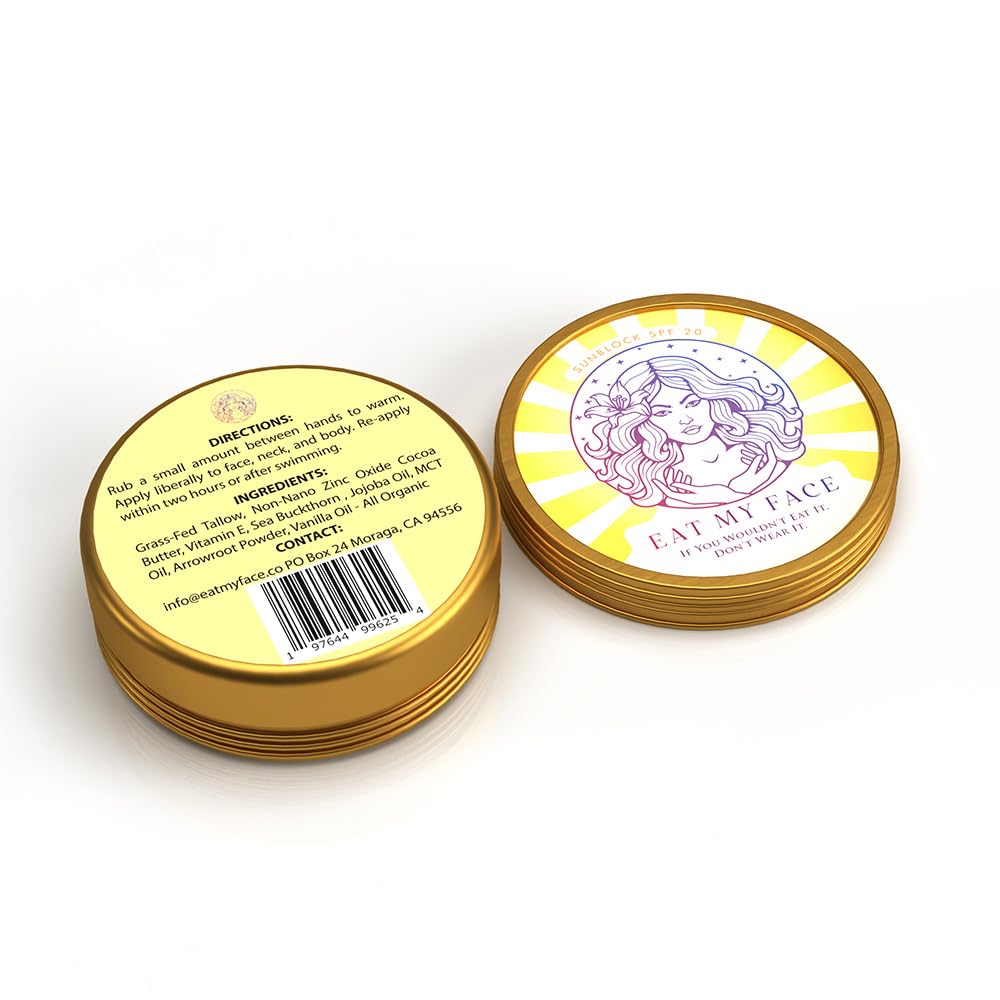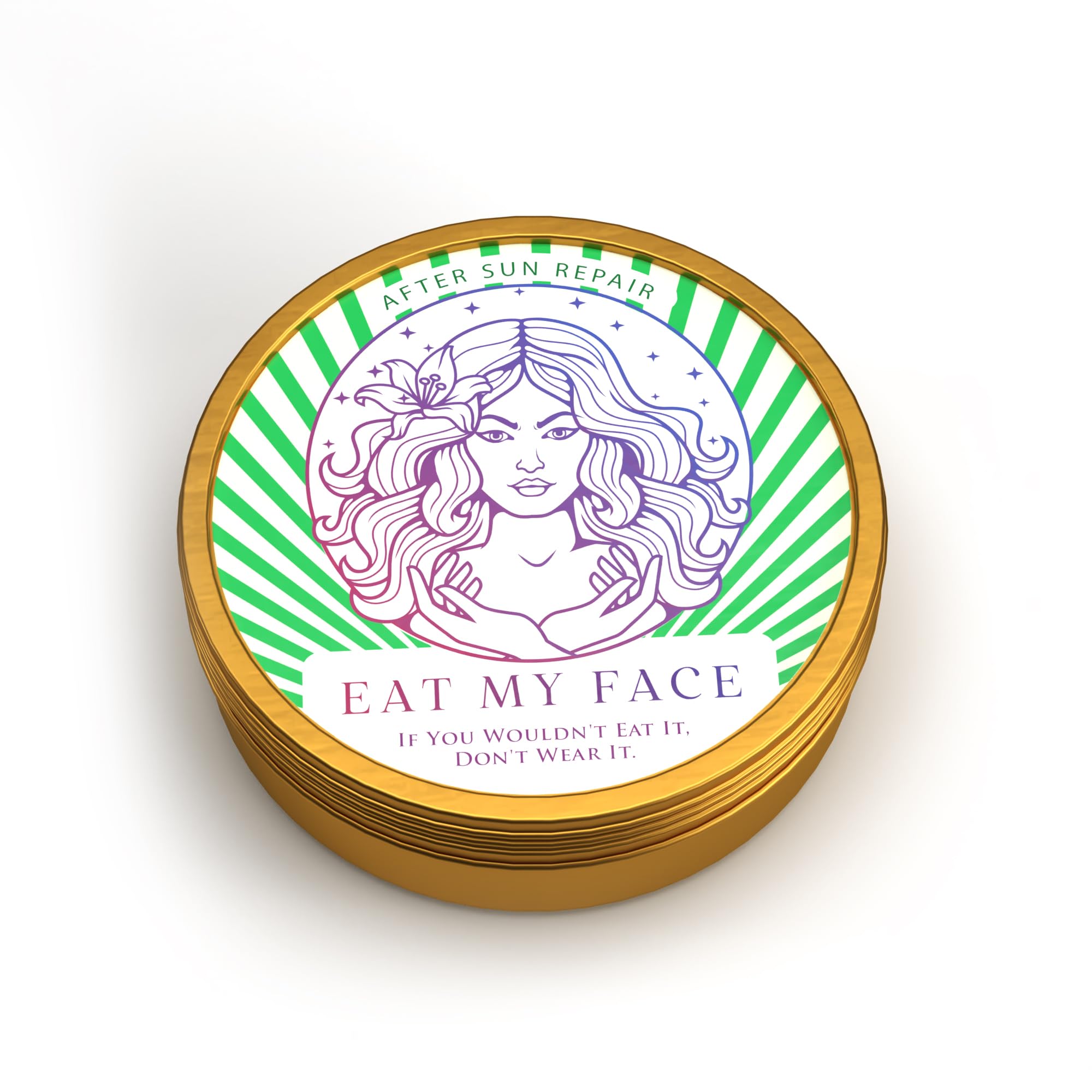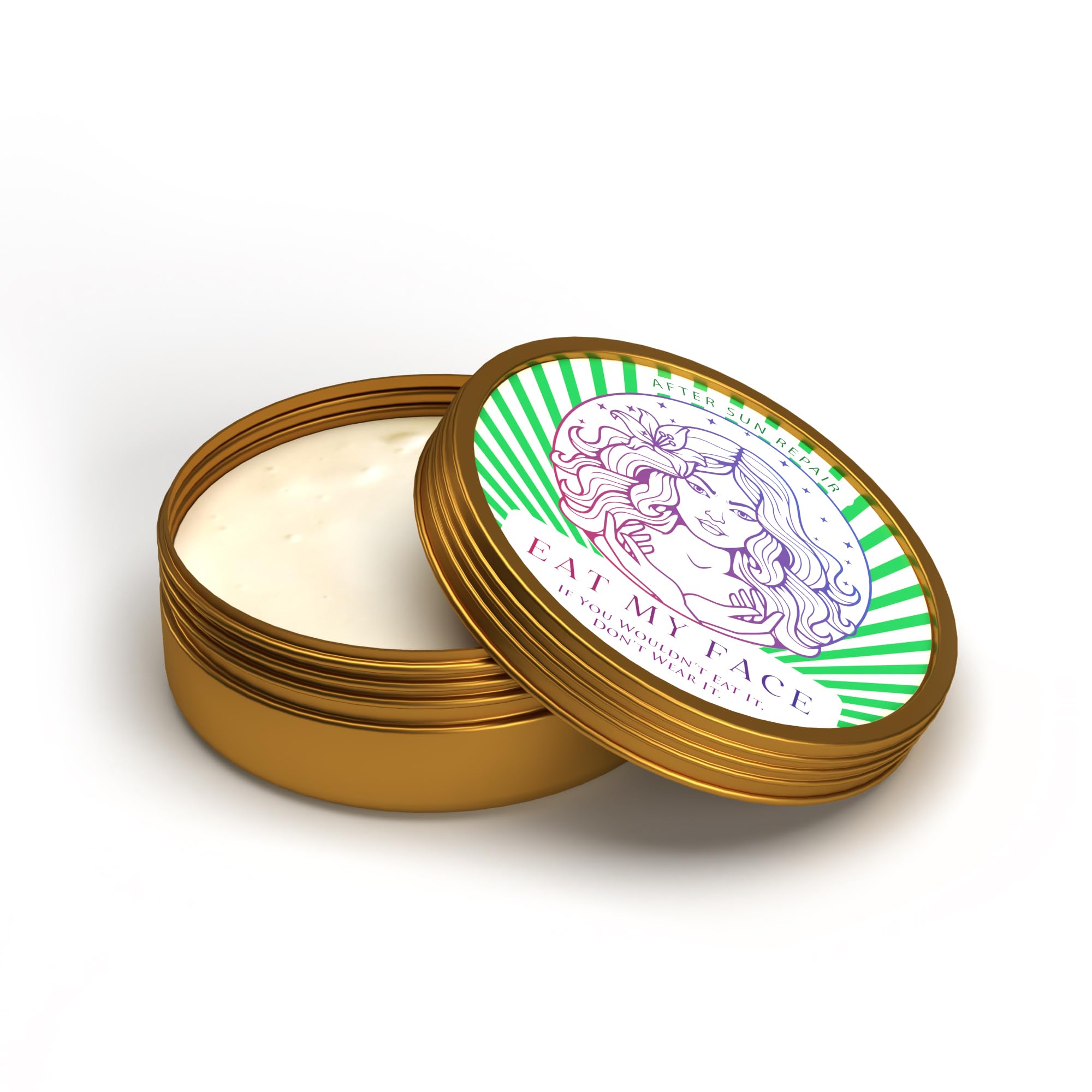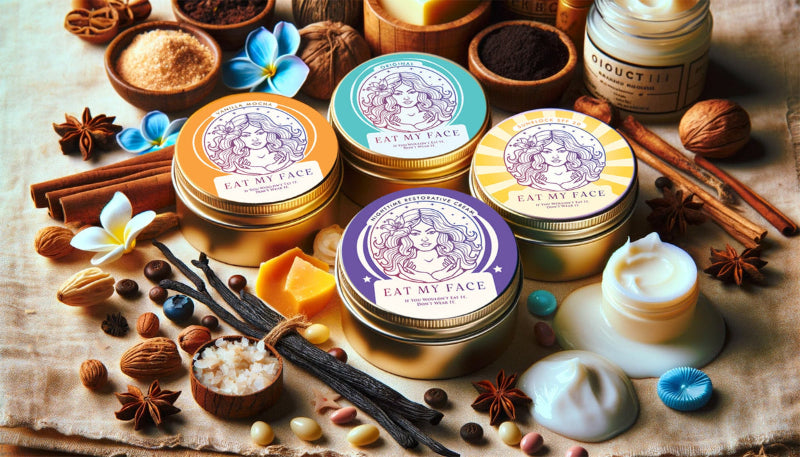Sunscreen is essential for protecting the skin from harmful UV rays, but not all sunscreens are created equal. While both zinc-based sunscreens and chemical-based sunscreens provide sun protection, the way they work and their effects on the body and environment are vastly different. Zinc oxide, a natural mineral, offers a safe, non-toxic alternative to chemical sunscreens, some of which are linked to health concerns like hormone disruption and environmental damage. This article compares the two, emphasizing why zinc-based options, especially when combined with tallow, are a healthier choice for you and the planet. For those looking for natural, safe sun protection, consider trying our tallow-based zinc sunscreen, which nourishes and protects without harmful chemicals.
What is Zinc-Based Sunscreen?
Zinc-based sunscreens are a type of physical or mineral sunscreen that uses zinc oxide as the active ingredient. Unlike chemical sunscreens that absorb UV rays, zinc-based sunscreens create a physical barrier that reflects and scatters UV radiation away from the skin. This natural mechanism makes zinc sunscreens highly effective against both UVA and UVB rays, providing broad-spectrum protection.
How Zinc Oxide Protects the Skin
Zinc oxide sits on the surface of the skin and reflects UV rays like a shield, preventing them from penetrating the skin. Because zinc works by physically blocking rays rather than chemically interacting with them, it starts working as soon as it’s applied—no need to wait 15-20 minutes like with chemical sunscreens.
Benefits of Zinc Sunscreen
1. Non-Toxic and Safe for All Skin Types: Zinc oxide is considered safe and gentle for sensitive skin, making it ideal for babies, pregnant women, and those with skin conditions like rosacea and eczema.
2. Broad-Spectrum Protection: Zinc offers comprehensive protection against UVA (aging) and UVB (burning) rays.
3. Reef-Safe and Eco-Friendly: Unlike chemical sunscreens, zinc oxide is non-toxic to marine life and coral reefs.
4. Soothing and Healing Properties: Zinc also has anti-inflammatory benefits, helping calm irritated or sunburned skin.
What are Chemical-Based Sunscreens?
Chemical sunscreens rely on chemical filters such as oxybenzone, octinoxate, and avobenzone to absorb UV rays before they penetrate the skin. These sunscreens work by undergoing a chemical reaction that transforms UV radiation into heat, which is then released from the skin. While effective, some ingredients in chemical sunscreens have raised health and environmental concerns.
Common Chemical Ingredients
- Oxybenzone: Often linked to hormone disruption and skin irritation.
- Octinoxate: Known to cause allergic reactions and is harmful to coral reefs.
- Avobenzone: Degrades quickly in sunlight, often requiring stabilizers like octocrylene.
Concerns with Chemical Sunscreens
Health Risks
Some chemical sunscreen ingredients, particularly oxybenzone and octinoxate, have been associated with endocrine disruption, which can interfere with hormone function. These chemicals can also penetrate the skin and enter the bloodstream, raising concerns about long-term exposure, especially for children and pregnant women. Allergic reactions, such as rashes and skin irritation, are also common with chemical sunscreens.
Environmental Impact of Chemical Sunscreens
Chemical sunscreens have been proven harmful to coral reefs and marine life. Ingredients like oxybenzone and octinoxate can cause coral bleaching, damage DNA in aquatic organisms, and disrupt ecosystems. This has led some regions, such as Hawaii, to ban the sale of sunscreens containing these chemicals.
Why Zinc-Based Sunscreens Are Safer
Zinc-based sunscreens are mineral-based and considered much safer for both human health and the environment. Zinc oxide is a natural compound that doesn’t penetrate the skin, reducing the risk of hormonal interference or allergic reactions. Since it’s a physical blocker, it provides instant protection without the need for chemical absorption.
FDA and Scientific Findings
The FDA classifies zinc oxide as a safe and effective sunscreen ingredient. Unlike some chemical filters, zinc does not degrade in sunlight and maintains its efficacy throughout the day, providing reliable protection without the risk of photodegradation.
Long-Lasting Protection
Zinc oxide-based sunscreens are also more stable in sunlight compared to chemical filters, which can degrade after prolonged UV exposure. This means zinc sunscreens maintain their protective qualities longer, reducing the need for frequent reapplication.
Tallow-Based Zinc Sunscreens: A Natural Alternative
For those seeking even more natural sun protection, tallow-based zinc sunscreens are an excellent option. Tallow, rendered fat from grass-fed animals, is rich in vitamins and fatty acids that deeply nourish and protect the skin while enhancing the effects of zinc oxide.
Skin Nourishment from Tallow
Tallow is a highly moisturizing ingredient that mimics the skin's natural oils (sebum), making it an excellent base for sunscreen. It is loaded with Vitamins A, D, E, and K, which help repair and hydrate the skin while zinc provides UV protection. The combination of tallow and zinc creates a rich, protective barrier that prevents moisture loss and soothes the skin.
Chemical-Free Sun Protection with Tallow Zinc Sunscreens
Tallow-based zinc sunscreens are completely free from harmful chemicals, making them safe for daily use, even on sensitive or acne-prone skin. The natural composition of both tallow and zinc provides a chemical-free, non-toxic sunscreen option that not only protects but also nourishes and heals the skin.
Which Sunscreen Is Best for You?
When deciding between zinc-based and chemical-based sunscreens, it’s important to consider your skin type, environmental concerns, and health priorities. For those with sensitive skin, young children, or anyone concerned about hormone disruption, zinc-based sunscreens offer a safer, gentler option.
Sensitive and Acne-Prone Skin
Zinc-based sunscreens, especially those made with tallow, are ideal for sensitive and acne-prone skin. They are less likely to cause irritation or breakouts and can even help reduce inflammation and soothe redness. Tallow's natural oils further support skin barrier repair and hydration.
Water-Resistant and Reef-Safe Options
If you spend time outdoors or in the water, a zinc-based sunscreen will provide long-lasting, water-resistant protection without harming the environment. Many zinc sunscreens are labeled as reef-safe, meaning they won’t damage marine ecosystems.
Frequently Asked Questions
1. Is zinc-based sunscreen safe for everyday use?
Yes, zinc-based sunscreens are safe for daily use and provide broad-spectrum protection without harmful chemicals.
2. Do chemical sunscreens really affect hormones?
Some chemical sunscreen ingredients, like oxybenzone, have been linked to hormone disruption, although more research is needed.
3. Are zinc sunscreens effective for all skin tones?
Yes, though they may leave a slight white cast on darker skin tones, newer formulas blend more easily into the skin.
4. How often should I reapply zinc sunscreen?
Reapply every### Frequently Asked Questions
1. Is zinc-based sunscreen safe for everyday use?
Yes, zinc-based sunscreens are safe for daily use and provide broad-spectrum protection without harmful chemicals.
2. Do chemical sunscreens affect hormones?
Some chemical sunscreen ingredients, like oxybenzone, have been linked to hormone disruption and may enter the bloodstream.
3. Are zinc sunscreens effective for all skin tones?
Yes, though some zinc sunscreens may leave a white cast, newer formulas are more transparent and blend well with all skin tones.
4. How often should I reapply zinc sunscreen?
Reapply every 2 hours, especially after swimming or sweating.
5. Are tallow-based zinc sunscreens good for sensitive skin?
Yes, tallow-based zinc sunscreens are gentle, hydrating, and ideal for sensitive or acne-prone skin. They provide moisturizing benefits while offering sun protection without the risk of irritation.


